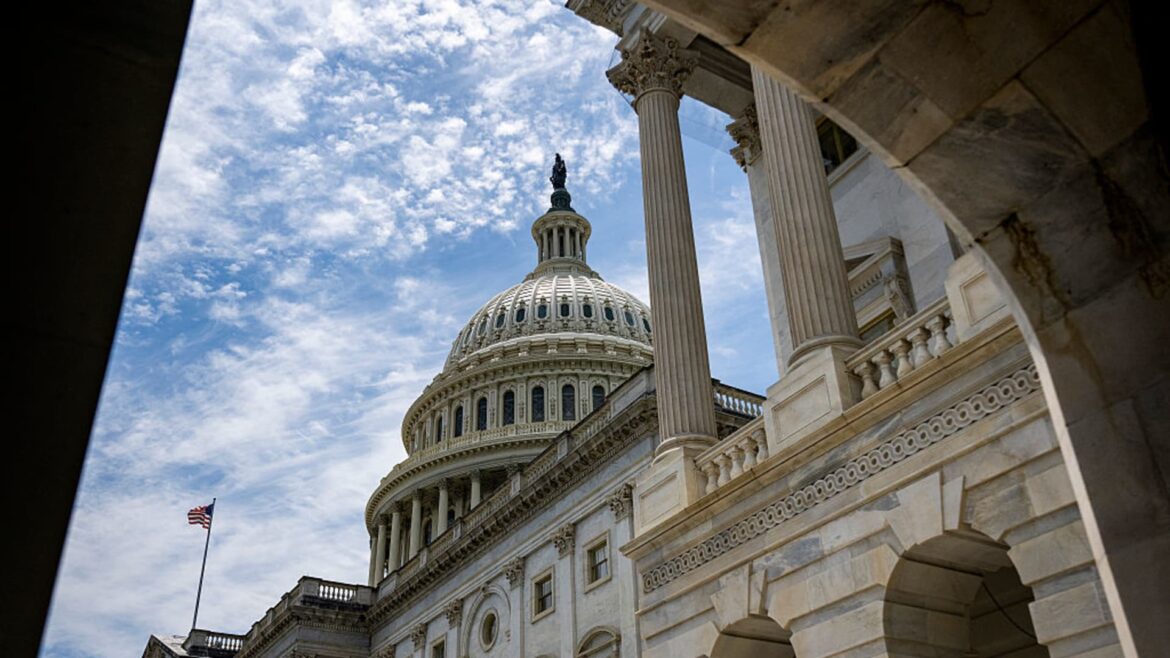Sweeping changes to the tax code, enacted late last week, are set to significantly alter the financial landscape for high-net-worth individuals. While proponents argue these revisions will address economic inequalities, critics warn of potential repercussions for investment and job creation. The changes, effective immediately, touch upon various aspects of wealth management, from capital gains to estate taxes.
Here’s a breakdown of the top five key modifications:
- Increased Capital Gains Tax Rate: The tax rate on long-term capital gains for individuals earning over $400,000 annually has jumped from 20% to 28%. This impacts profits from the sale of stocks, bonds, real estate, and other investments.
- Estate Tax Threshold Reduction: The exemption for estate taxes has been reduced from $12.92 million per individual to $6.5 million, effectively doubling the number of estates subject to taxation upon inheritance.
- Limitations on Itemized Deductions: The new legislation places stricter limits on itemized deductions, including those for charitable contributions and state and local taxes (SALT). This is particularly relevant for wealthy individuals who often utilize these deductions to lower their overall tax burden.
- Carried Interest Rule Modifications: The rules governing carried interest, a share of profits paid to investment managers, have been tightened. It now requires a holding period of at least three years for carried interest to qualify for the lower capital gains rate. Previously, the holding period was just one year.
- New Surtax on High Incomes: A new 3.8% surtax has been imposed on adjusted gross income (AGI) exceeding $500,000 for individuals and $1 million for married couples filing jointly. This surtax applies on top of existing income tax rates.
The contrasting elements are clear: those who champion these changes see them as a necessary step towards a more equitable tax system. They argue that the wealthy have benefited disproportionately from previous tax cuts and that these revisions will generate revenue for vital public services. Opponents, however, contend that these changes will stifle economic growth by discouraging investment and entrepreneurship. They claim that higher taxes will incentivize wealthy individuals to seek out tax shelters or move their assets offshore, ultimately reducing the overall tax base.
The point of tension lies in the uncertainty surrounding the long-term effects of these policies. Will they truly lead to greater economic equality, or will they simply drive capital away and harm the economy? The answer, according to many economists, likely lies somewhere in the middle. “There’s always a balancing act,” explains Dr. Anya Sharma, professor of economics at State University. “You want to raise revenue to fund essential programs, but you don’t want to create disincentives that stifle economic activity. It’s a delicate dance.”
One local resident, Mr. Thomas Abernathy, whose family owns a small business in the area, expressed concerns about the changes. “We’ve always reinvested our profits back into the company, creating jobs and expanding our operations. With these higher taxes, we’re going to have less capital available for that. I’m worried about what that means for our employees and for the future of our business.” Abernathy’s sentiments echo those of many business owners who fear that the tax increases will negatively impact their ability to grow and compete.
But there are also those who welcome the changes. “It’s about time the wealthy started paying their fair share,” commented Sarah Miller, a community organizer who has been advocating for tax reform for years. “For too long, the tax system has been rigged in favor of the rich. These changes are a step in the right direction towards creating a more just society.”
The synthesis of these perspectives suggests a complex and multifaceted issue with no easy solutions. While the new tax laws are intended to address economic inequality, their actual impact on the economy and society remains to be seen. Policymakers will need to closely monitor the situation and be prepared to make adjustments as needed.
Beyond the immediate financial implications, these tax changes are also sparking broader conversations about wealth, inequality, and the role of government. On social media, the debate is raging. Posts on X.com and Facebook show a stark divide, with some users celebrating the changes as a victory for social justice, while others decry them as an attack on free enterprise. One user, @WealthWatcher22, posted: “These tax hikes are going to kill innovation! Mark my words!” In contrast, @TaxJusticeNow tweeted: “Finally, the wealthy are being held accountable! #TaxTheRich”
The IRS is already working to update its forms and guidelines to reflect the new tax laws. Taxpayers are advised to consult with a qualified tax professional to understand how these changes will affect their individual circumstances. Understanding these new guidelines will be crucial during the upcoming tax season. Failing to do so could lead to unplesant financial surprises.
For some, the impact is already being felt. One individual, speaking on condition of anonymity, shared a personal experience: “We were planning to donate a significant sum to a local charity this year. With the new limitations on itemized deductions, we’re having to reassess our plans. We want to support the charity, but we also have to consider the financial implications for our family.” What followed was unexpected. The individual described having to cut back on planned holiday spending in order to accommodate both the charitable donation and the increased tax burden.
The long-term consequences of these tax changes will undoubtedly be debated and analyzed for years to come. However, one thing is clear: they represent a significant shift in the tax landscape and will have a profound impact on the lives of the wealthy. The way this new shift will impact the lives of everday people still remains unseen. For many, the future is uncertain, but the hope remains that these changes will contribute to a more equitable and prosperous society.



